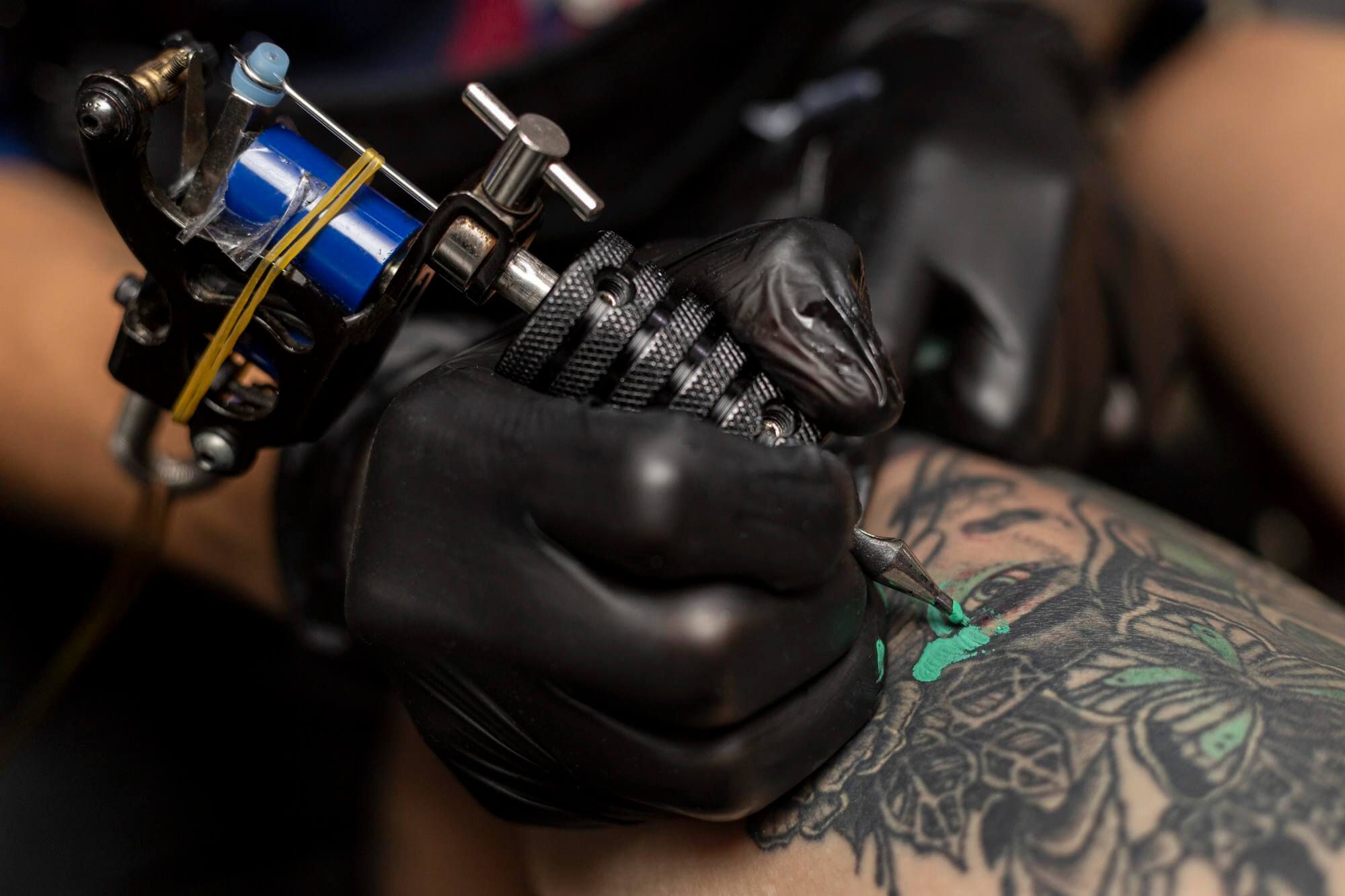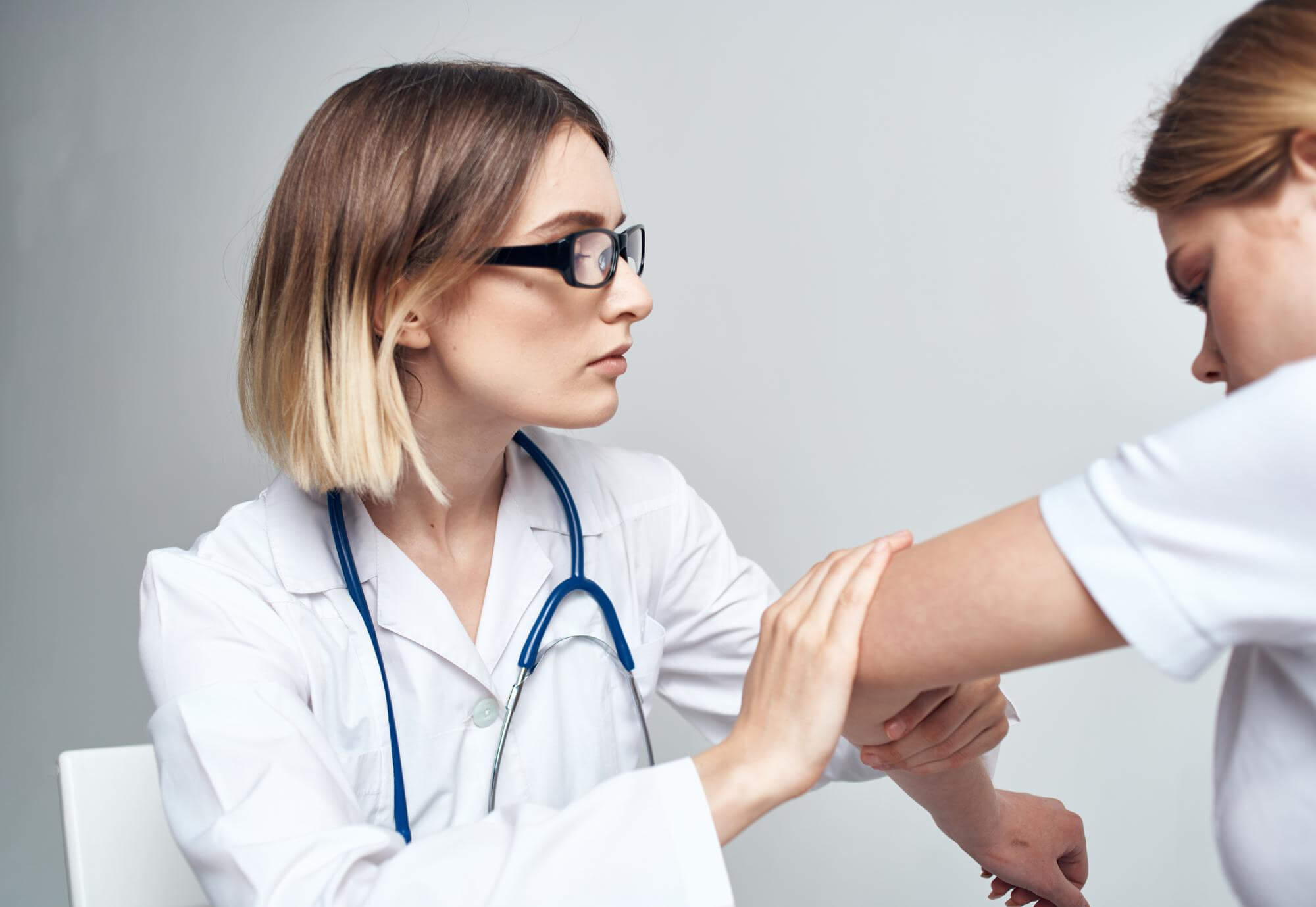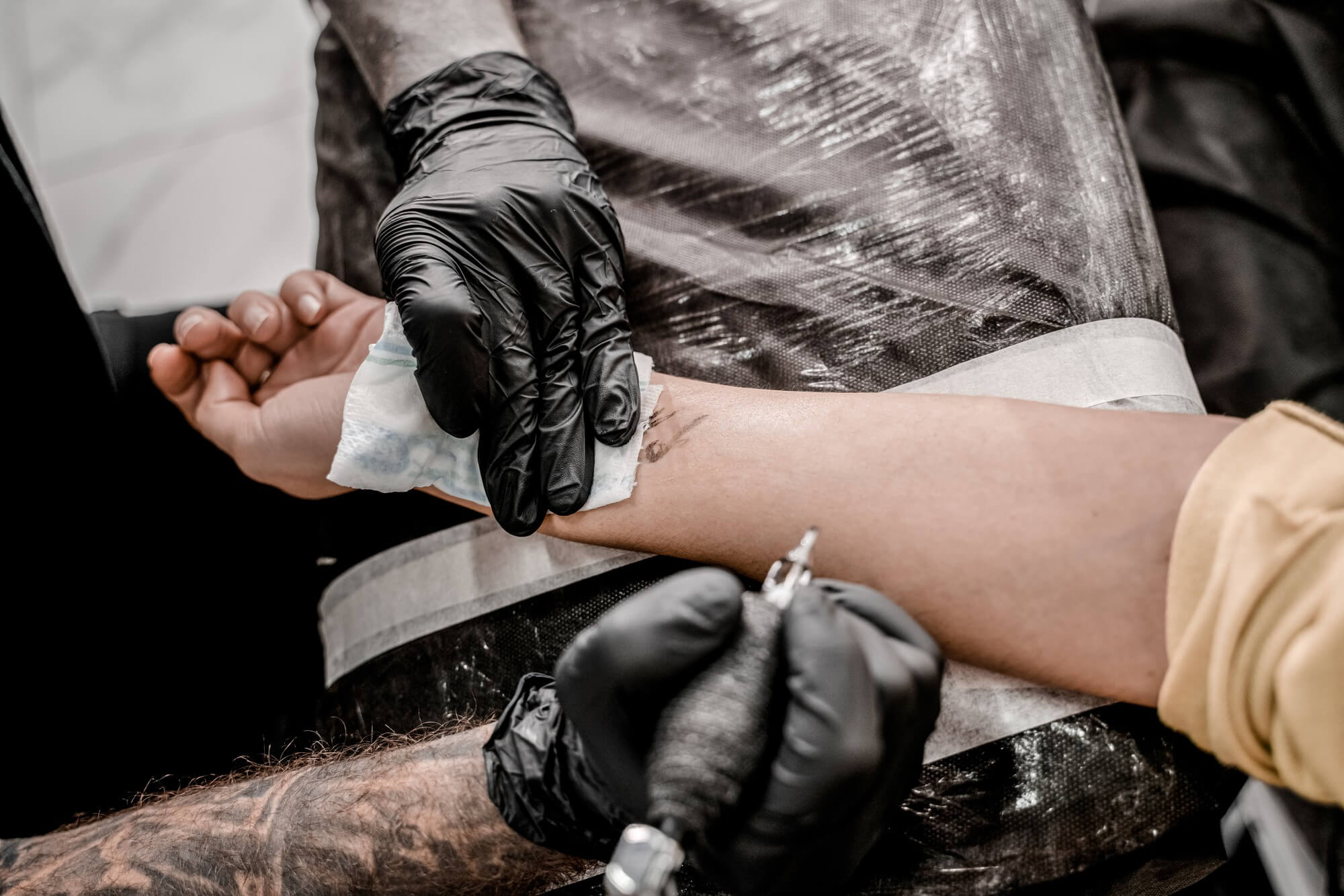How to know if you're allergic to a tattoo and what to do


Irina Makarova
Tattoo allergy is a fairly common phenomenon that can occur in people who have decided to decorate their body with a drawing. One of the main causes of tattoo allergies is an individual intolerance to the components of the paint used in the process of drawing on the skin. In this article we will look at the causes, symptoms, and methods of preventing an allergic reaction to a tattoo and also learn what kinds of tattoos can cause allergies and how to care for a tattoo after the procedure.
How to avoid an allergic reaction to a tattoo?
One of the main ways to avoid tattoo allergies is to use quality paints and materials. When choosing a salon and a master, make sure he or she uses certified paints that are free of harmful substances and allergens.
Assessment of the tattoo master's qualifications
Be sure to verify the professionalism of the tattoo master. An experienced specialist will be able to choose the right paint, as well as ensure the sterility of tools and materials.
Preliminary testing for allergic reactions
To find out if you are allergic to tattoo paint, you can conduct preliminary testing for an allergic reaction. The master will apply a small amount of pigment to the skin and if no symptoms appear after a while, you can proceed with the procedure.
What to do in case of an allergic reaction to a tattoo?
An allergic reaction to a tattoo can manifest with a variety of symptoms, including redness, itching, swelling, rash, or inflammation at the tattoo site. If you notice such symptoms, you should see an allergist for diagnosis and treatment.
How are tattoo allergies diagnosed?

To diagnose a tattoo allergy, a specialist may prescribe skin tests using the pigments used to apply the design. The doctor may also request a blood test for antibodies to determine the presence of an allergic reaction.
Tattoo allergy treatment
Treatments for tattoo allergies include taking antihistamines such as Cetirizine, Loratadine, or Phenistyl. In some cases, corticosteroid ointments or creams may be prescribed, as well as agents to relieve itching and inflammation. It is important to see your doctor and strictly follow his recommendations.
How to take care of the tattoo after the procedure?

After the tattoo procedure, it is necessary to properly care for the skin to avoid the development of allergic reactions and other complications. Observe the following rules:
- Follow the master's instructions for tattoo care.
- Do not remove the protective film prematurely.
- Use antiseptic and anti-inflammatory to treat the surface of the tattoo.
- Do not touch or scratch the tattoo to avoid irritation or infection.
- Avoid contact with direct sunlight and chlorinated water for the first few days after the procedure.
What types of tattoos can cause an allergic reaction?
An allergic reaction can occur to any type of tattoo, but red and green pigment based inks are the most risky, as they most often contain allergens. Black paints are considered safer, but it is impossible to absolutely exclude the risk of allergy.
So, a tattoo allergy can occur due to individual intolerance to the components of the paint, the use of low-quality materials or improper care of the tattoo. To prevent an allergic reaction, choose an experienced master, use quality paints and follow the recommendations for tattoo care. In case of allergy symptoms, consult an allergist and follow his/her treatment recommendations.
New materials
Popular Articles
We recommend reading
Contact us in the Contact Us section to ask questions, offer ideas, or for more information about our allergy resource.
Our articles are your trusted source of allergy knowledge. Learn how to make life with allergic reactions easier on our specialized portal.
©
Lechenie-Allergii.com. All rights reserved.
© Lechenie-Allergii.com. All rights reserved.
The information on this site is for informational purposes only and is not a substitute for professional medical advice. We recommend consulting with qualified medical professionals for accurate information and advice.
 English
English  Українська
Українська  Русский
Русский 









